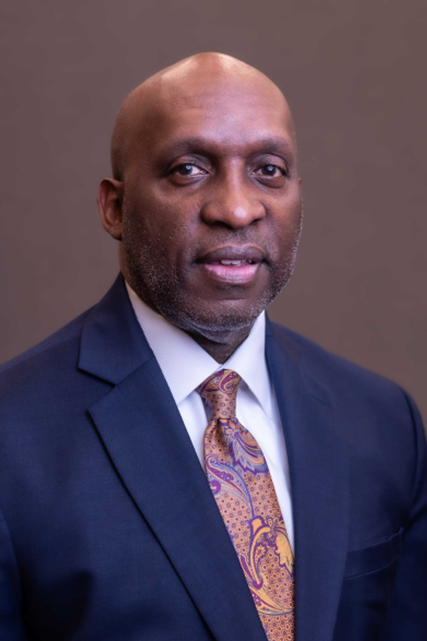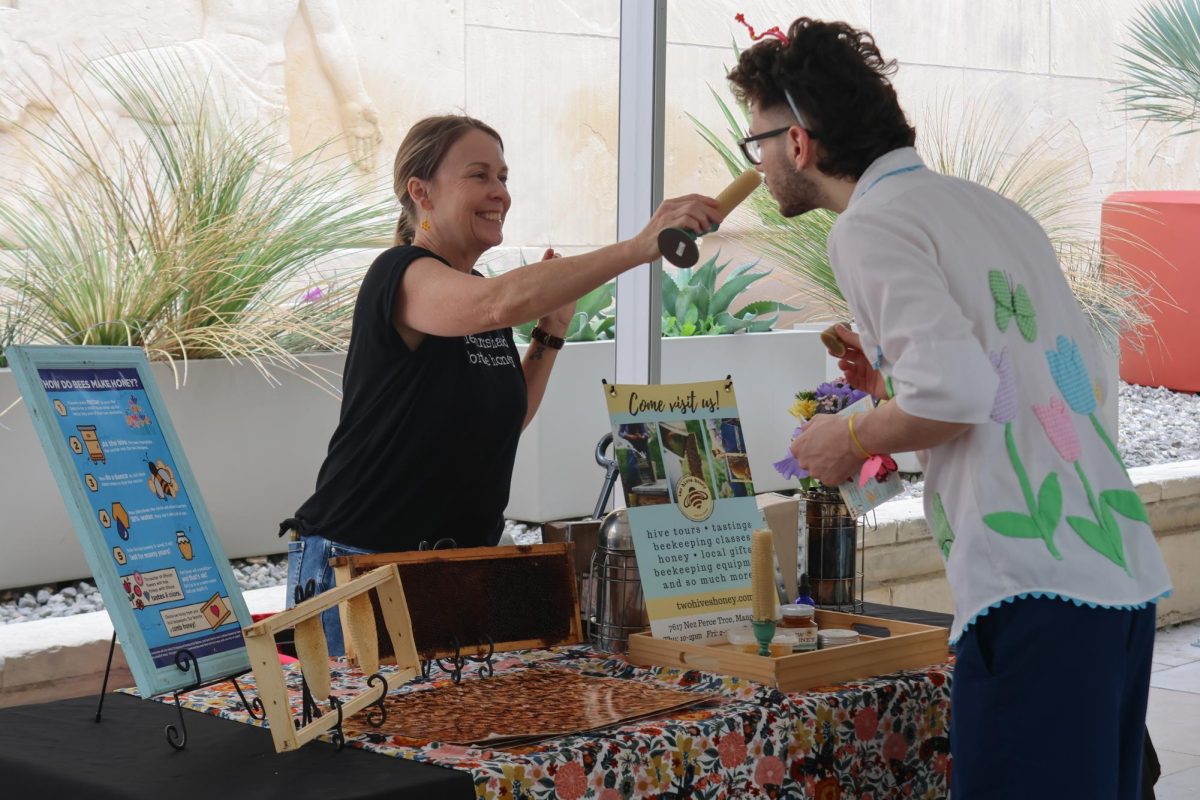Devoting more attention to memories may be key if you’re trying to forget them, according to new UT research.
“We’ve known for about 20 years now that people could intentionally forget memories — you give people some new piece of information and then you can try to forget it,” said Jarrod Lewis-Peacock, senior author of the paper and assistant psychology professor.
While the prevailing view has been that intentional forgetting works best by shifting attention away from the memory you are trying to forget, this study shows otherwise, Lewis-Peacock said.
So-called intentional forgetting involves showing the subjects new information and telling them to either forget it or remember it.
“Our data says that when we told people to forget things, we found that was associated with increased engagement with that material that they’re trying to forget,” Lewis-Peacock said. “People actually focus their attention more on the information that we told to forget than when they were told to remember.”
Katerina Placek, a co-author of the paper, said the results of this study reveal a new relationship between brain activity and memory.
“Our findings demonstrate a U-shaped, rather than linear, relationship between functional brain activity and memory strength,” Placek said.
Tracy Wang, lead author and neuroscience postdoctoral fellow, said memories being forgotten needed a very specific level of attention.
“There’s actually this sweet spot where memory becomes more vulnerable,” Wang said. “So, if you put a lot of attention, you actually remember it better later on, or if you don’t process it at all, then it’s not modified, but if you moderately activate the memory, it is more likely to be forgotten later on.”
Lewis-Peacock said they used brain analysis procedures, such as functional MRI data and applied machine learning, to find these results.
“We discovered this by using these fancy, sophisticated brain analysis procedures … to read out what people are thinking,” Lewis-Peacock said. “And so we could track the extent to which people were thinking about the specific things that we had just given them.”
Lewis-Peacock said one of the future avenues of this research could be to further PTSD treatment.
“If we continue to map out the principles by which information is weakened in the brain or how we, as experimenters or therapists, can control that in people, we can selectively target and rewire memories that are no longer serving adaptive roles,” Lewis-Peacock said.





















